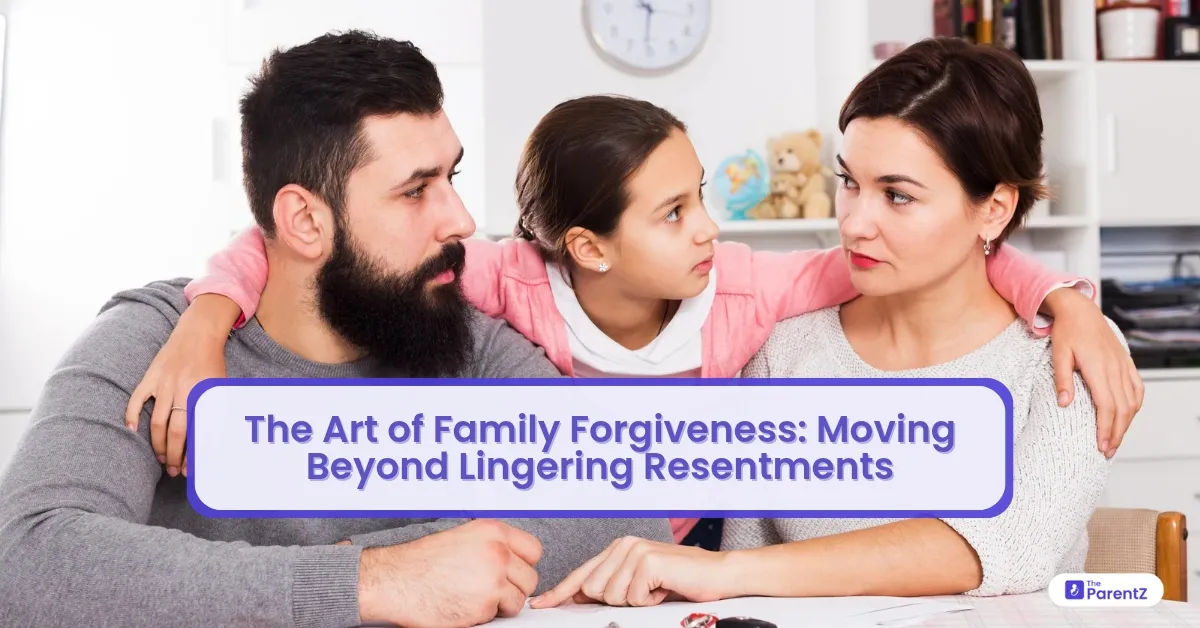Forgiveness is often spoken of in grand gestures—a hug, an apology, a reconciliation scene fit for a movie. But in real life, especially within families, forgiveness is rarely so neat. It's layered, ongoing, and deeply personal. What makes family forgiveness so challenging is the fact that we can’t just walk away. We’re tied together by history, habits, and shared emotional real estate.
Why Family Wounds Cut Deep
Family relationships are where we first learn about trust, love, and acceptance. So, when that same space becomes a source of betrayal, neglect, or emotional hurt, the impact isn’t just situational—it’s foundational. A careless word from a parent, an old rivalry between siblings, or years of unresolved tension can fester beneath the surface for decades. And because these wounds are often brushed aside in the name of “keeping peace,” they grow silently.
Forgiveness is Not Forgetting
Forgiving someone in the family doesn't mean pretending the hurt never happened. In fact, true forgiveness begins with acknowledgment—of the pain, the history, and the unmet needs. It’s about saying, “This mattered. It hurt. And I’m choosing to release its hold on me.”
It also doesn’t mean forced reconciliation. Forgiveness can be internal, a private process of letting go, even when the other person remains unaware or unchanged.
Why Resentment Lingers
Family patterns tend to repeat. You may forgive a parent for being emotionally distant, only to see the same dynamic replayed in a different context. This can make healing feel like a revolving door—just when you think you’ve moved on, something pulls you back.
Resentment lingers when we’re waiting for an apology, expecting change, or carrying silent expectations the other person never meets. Sometimes, we need to grieve the version of a relationship we wish we had, before we can forgive the one we do.
Practicing the Art of Forgiveness
Forgiveness is less about the “event” and more about the process. Here's what that can look like:
- Start with self-awareness: What are you still holding on to? Why? What does the hurt represent?
- Set boundaries: Forgiveness doesn’t mean unlimited access. It’s okay to protect your peace while still choosing to let go of anger.
- Use empathy as a bridge, not an excuse: Understanding someone’s behavior doesn’t make it acceptable, but it can soften the edges of blame.
- Allow for incomplete endings: Some relationships may never be what you want them to be. Forgiveness can still happen—even without resolution.
Family Doesn’t Mean Forever Pain
It’s easy to internalize the belief that family relationships are either perfectly close or completely broken. But most families live somewhere in the in-between. Forgiveness gives us permission to stop rewriting the past and start living from the present. It doesn't erase the pain, but it can loosen its grip.
Conclusion
Forgiving family is a quiet kind of strength. It doesn’t always look like reconciliation, but it always feels like relief. It’s not about excusing bad behavior—it’s about choosing your emotional freedom. Because sometimes, the most profound act of love is to release someone from your anger so you can finally reclaim your peace.






Be the first one to comment on this story.